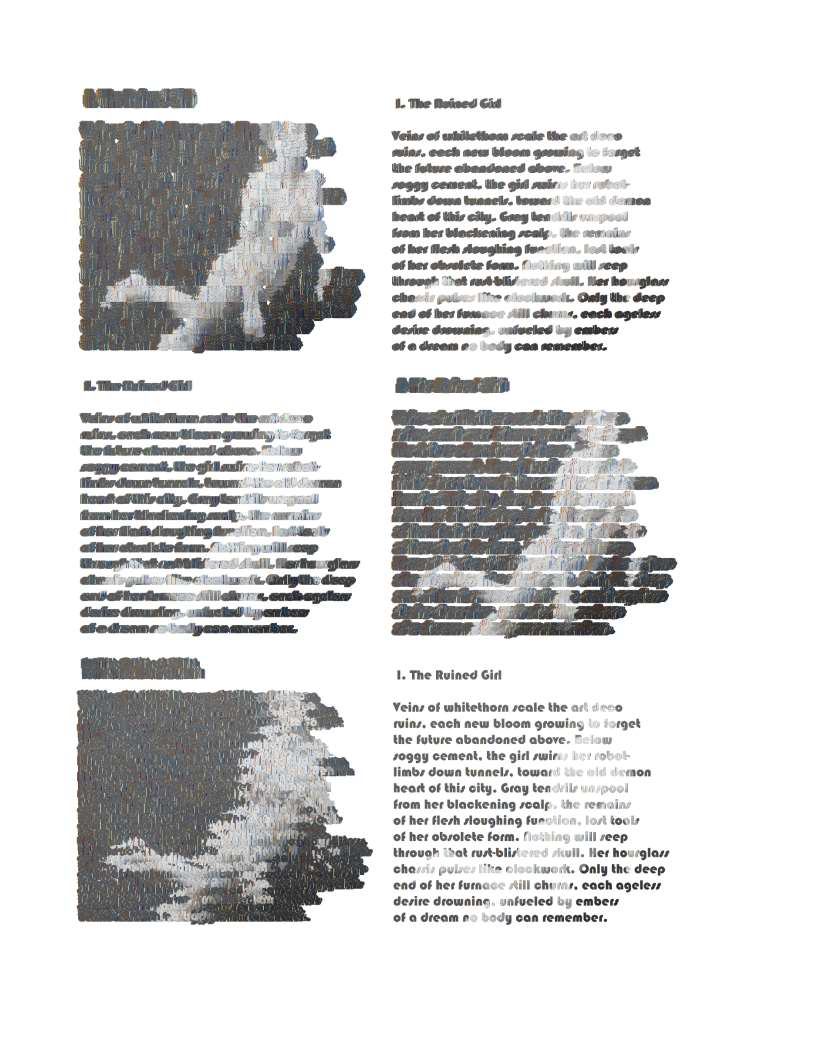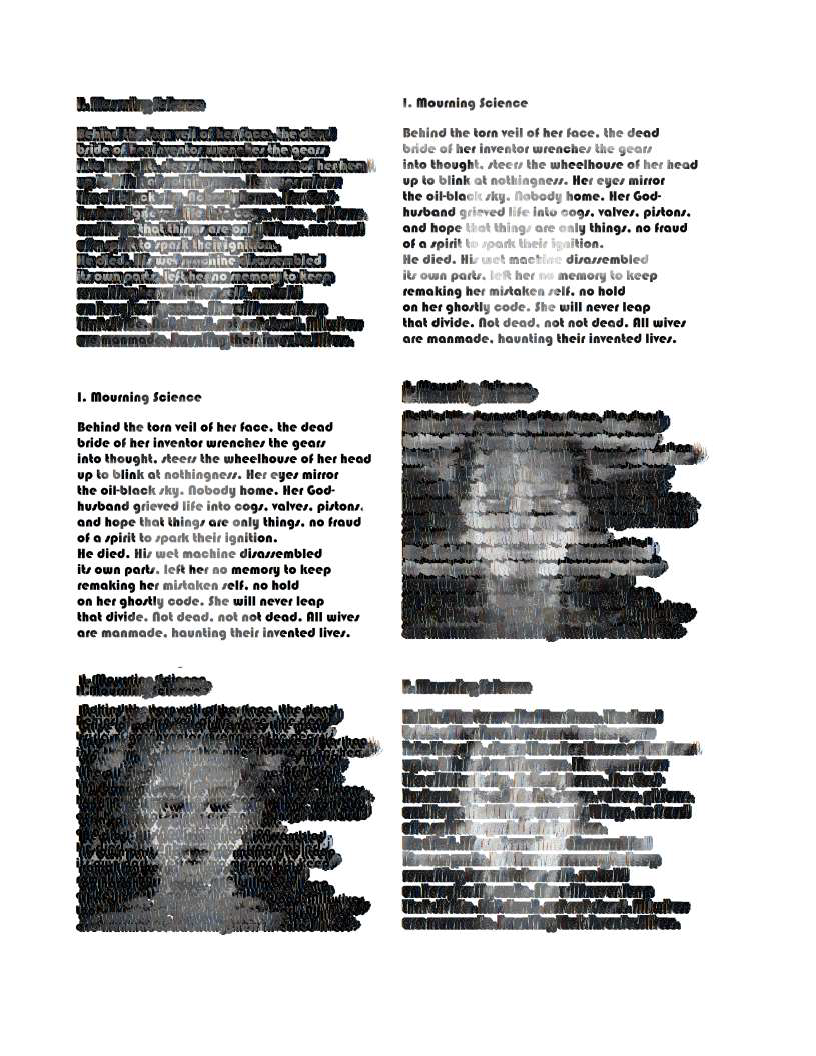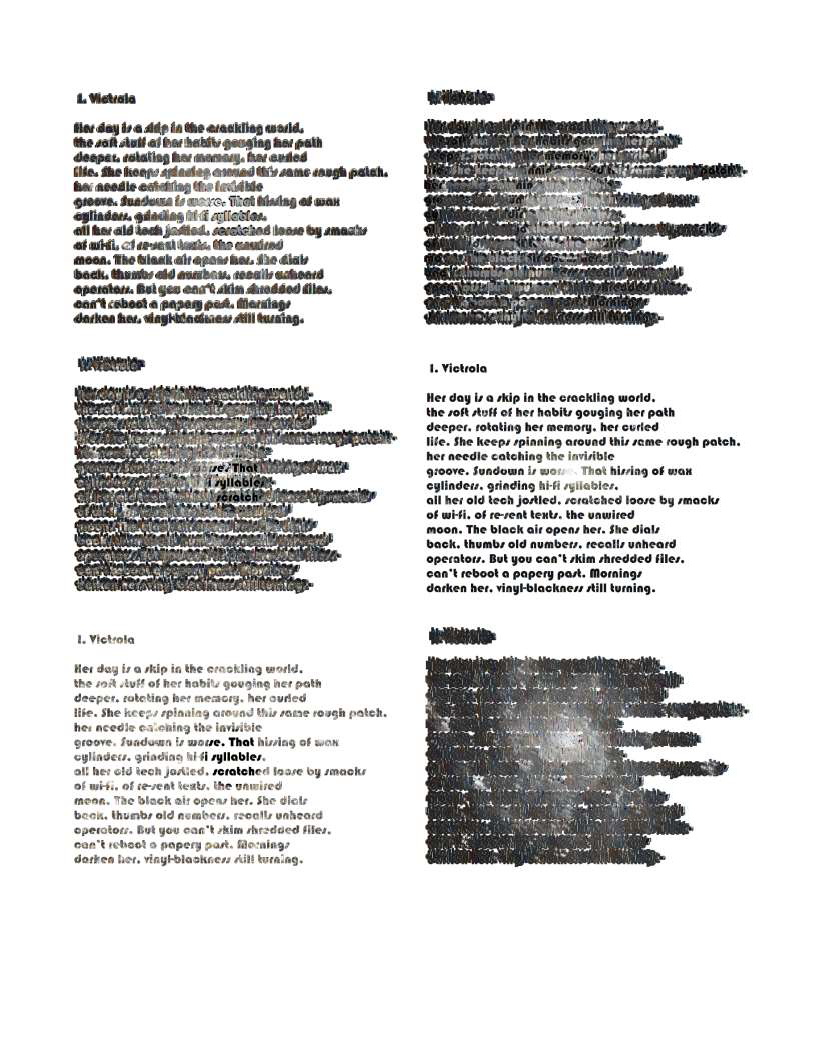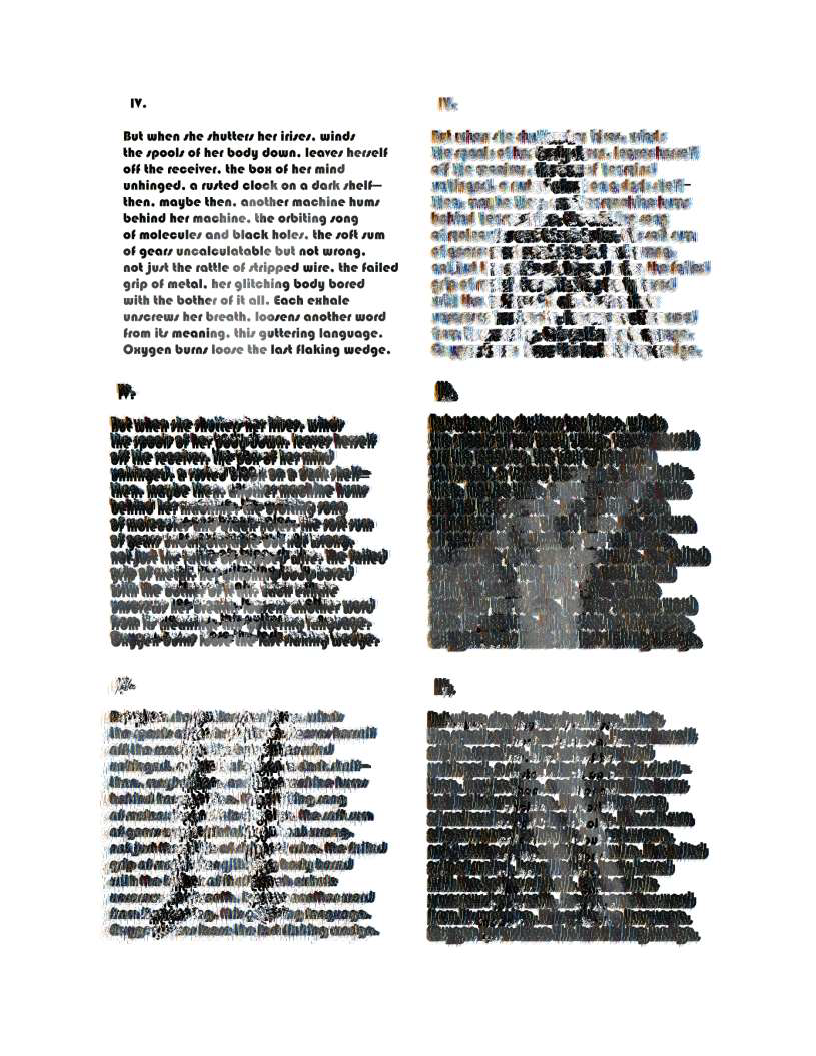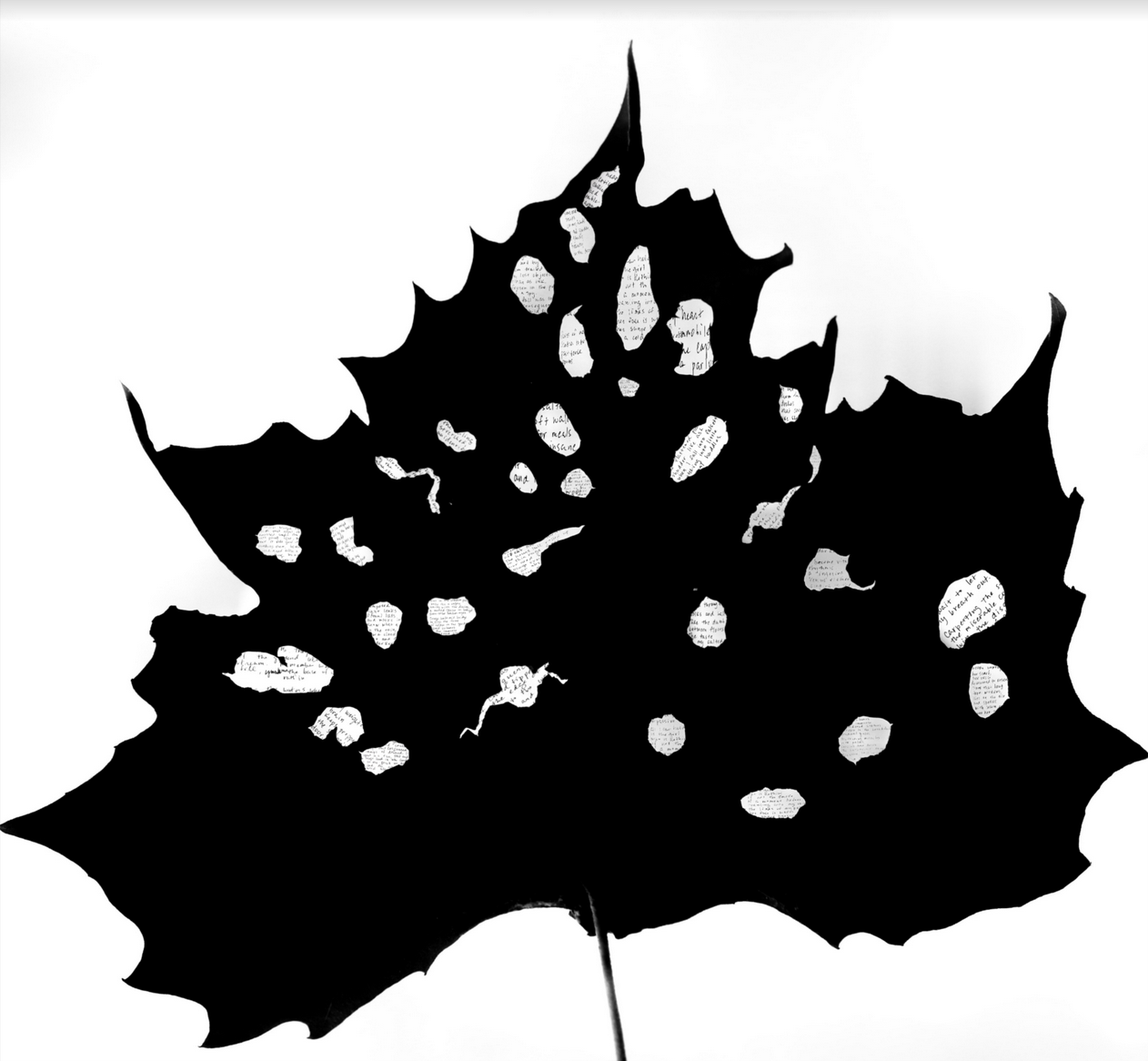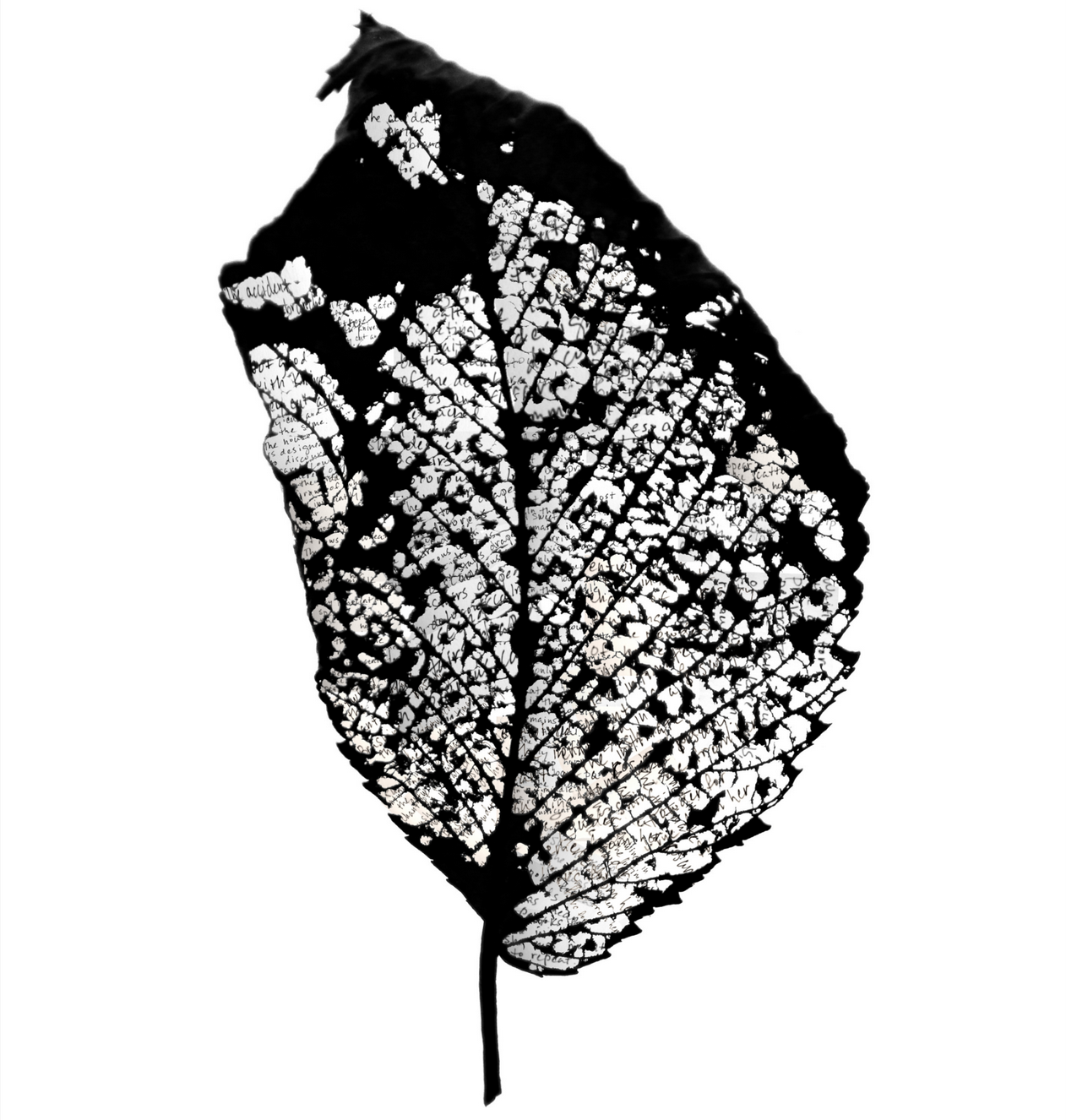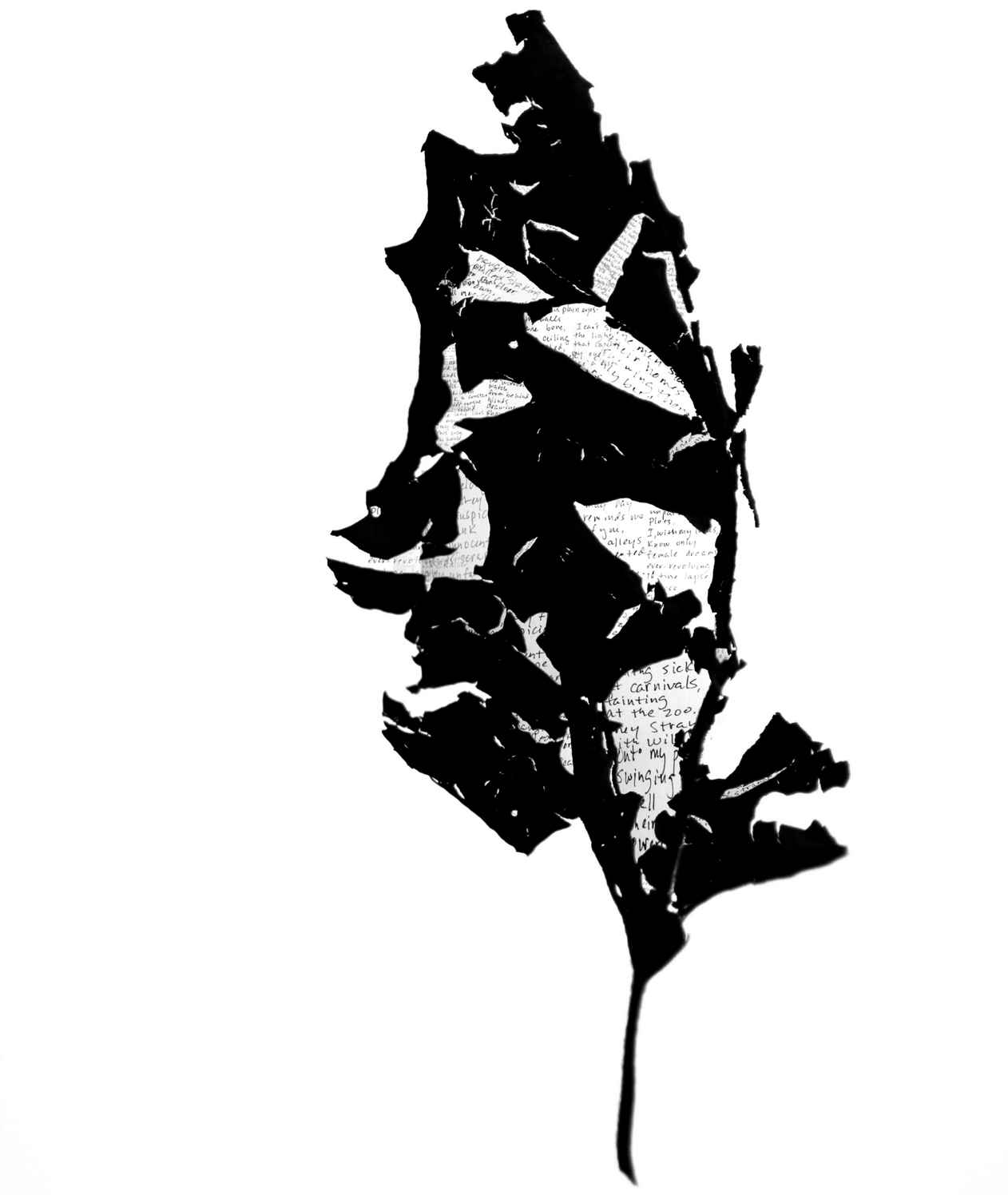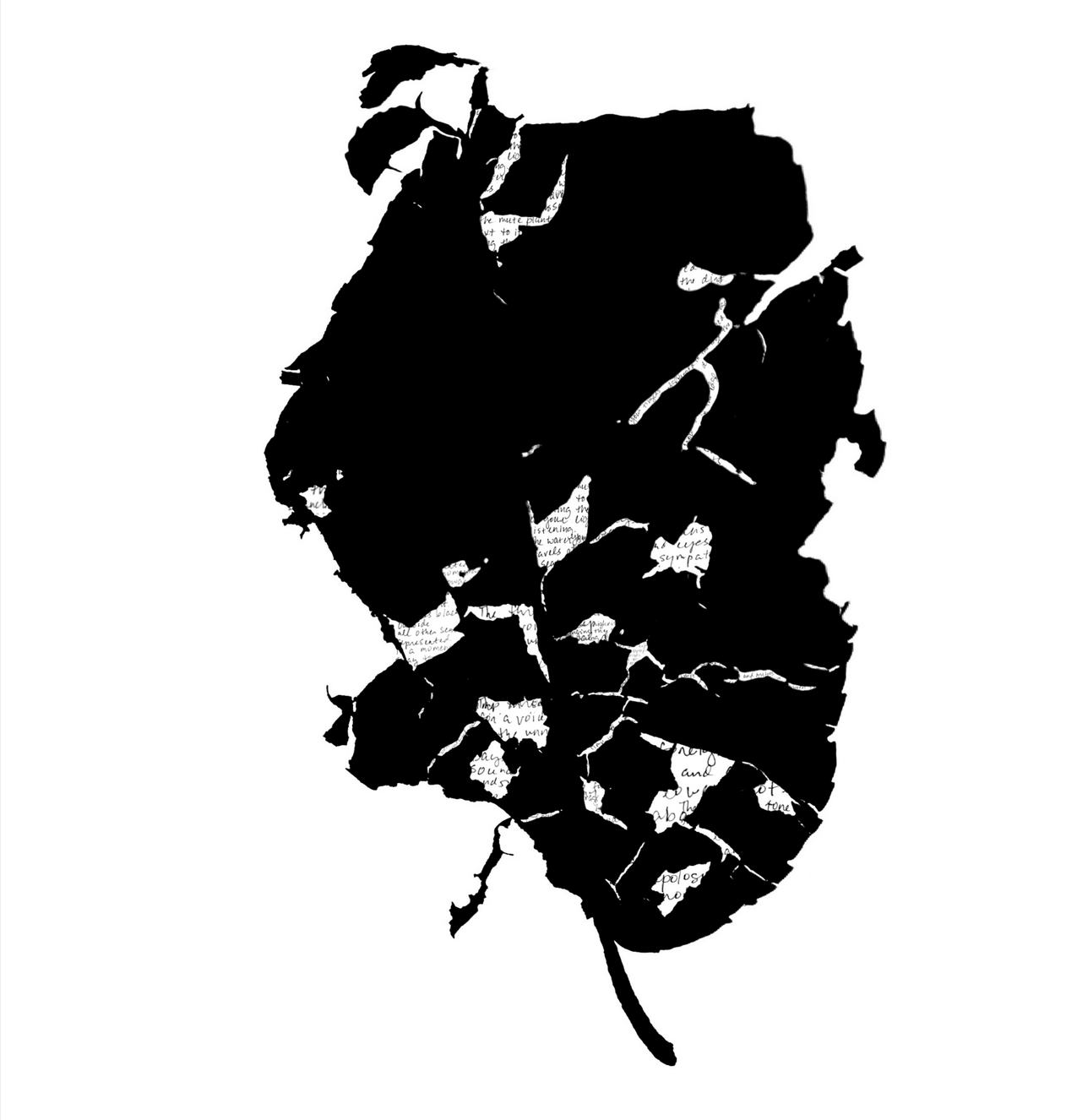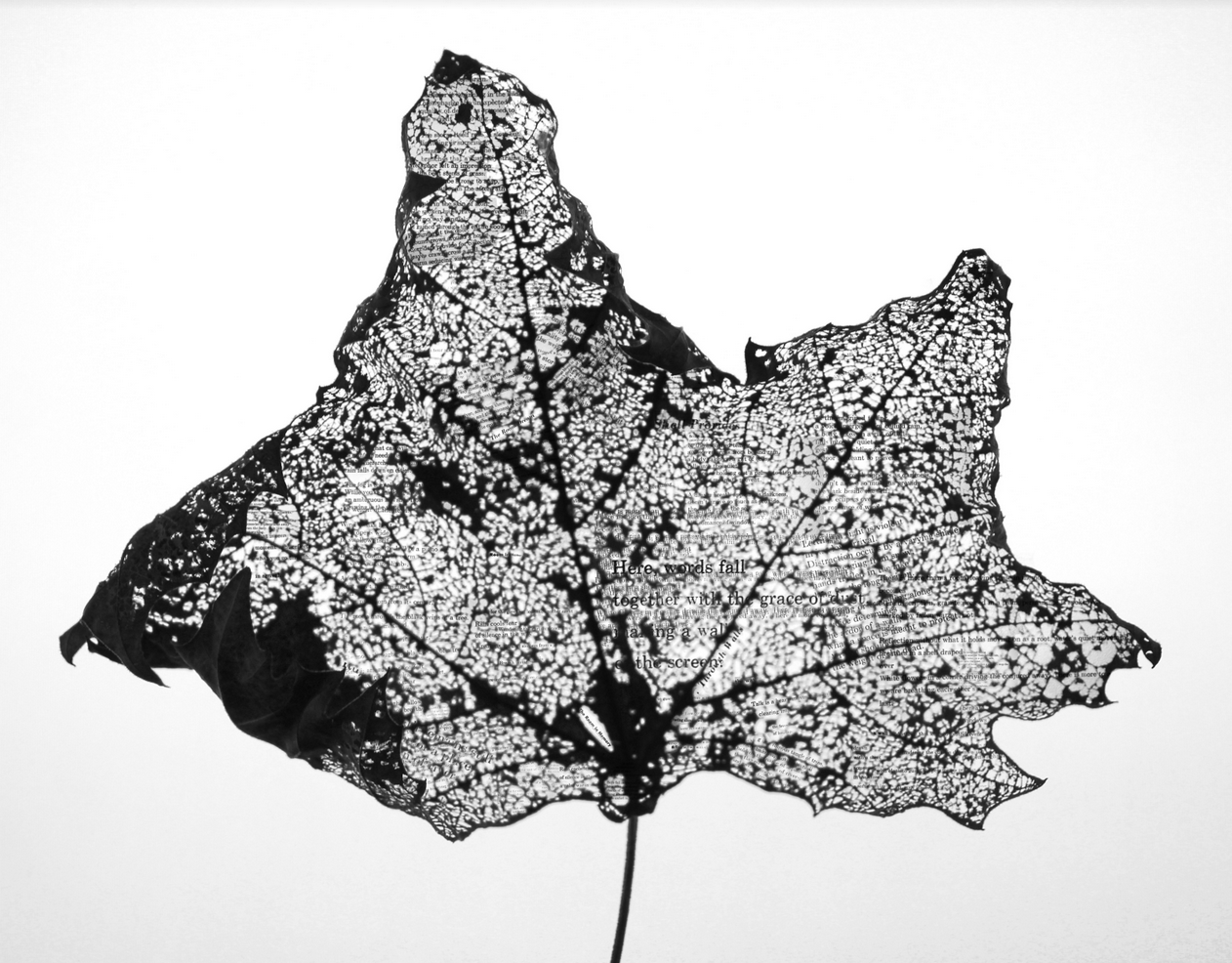AND PLINTH: NOTES FROM A DIVINE VIOLENCE
Progress Lighting the Way for Commerce shone, against Bubbly Creek,
Via financial instruments blasted south from Haymarket to Bessemer,
Via a trillion moonlit packing-foam leaves to harvest the fruit of labor,
From the peels, the qlippoth.
”Had I known in 1890
“How long it would take me
“To preserve a park for
“The people against their will I doubt if I would have undertaken it.”
The arrow of progress never arrives while all is, in time, run through.
Aaron struck his staff
To stand, between debt and peonage, the living and the dead, labor,
Supply lines, visible by earth’s curvature, as dispensation fills bellies
To fill uniforms, advertising wages the pants and shirts writhe from.
Futures sawed to dust
In the warehouses, to bear his agnomen, beyond the pier, the wharf, the country.
Montgomery Ward Co., birth of the fulfillment center, death of the closed shop.
Insurance travelers calendar: angel of Progress, Ward Tower, Currier & Ives 1899.
This is how I greet you.
Fantasies about love, lost,
Regained, public gesture
Houses, mausoleums, of
Communal feeling, the imperative
Of moods. Staked upon adoration.
Thine imperative mood,
Capital. Difference and
Repetition, restaurants,
Funerals, & restaurants. You bloody my dreams with processes linear and fatalistic . . .
A sown field is one repeatable row long, which moves acres in an hour, for picking
By the harvests of hands. Shipping land. The snow tunnels, onto the loading zone . . .
The anti-psychotic pill burnishes, what fog clears: 10 billion bullets to expropriate . . .
Lost in reveries — whereas
Life, the cigarette, burning in the trash, the thought did I leave the oven on the gas . . .
The stove is cold where we
Held each other and tried not to turn the knobs one way or another, pining on on
Dreams where recognition
Stations beyond its transit
The chiasmus of romance
Not to abuse the pills that
Keep my sanity’s vergence.
Flees and falls, back to earth, where, by the profanations, let be, can what might.
What can wrought is awful,
How not none are forced to live, forced to fight, to die, in genres of military age,
In workhouses and hours
Apposite to dying’s orchard and opposing grace, outdoors, against self-sacrifice.
Love, thy name is fair copy:
Let us meet where the music composes, where voices drift against civil twilights.
Irreal innocence, oh Lamb
Of God, thy cloven face of
Tradition open, it screams.
In the factory I could separate
My mind from my body.
No maudlin gestures. No evil
Thoughts. Oh sweetheart.
If you thought it was bad before.
The only window brings heaven.
Agape loading dock, seven
Garments dress your body,
No heat, inside a recycling
Factory’s aerosol cans’ exploded-open lung.
Bring real food for Stephen,
Who could not buy a meal,
He was hungry, and said so,
Every paycheck went home, for his mother.
Make time easy for Robert,
Paroled one week out, he told the smoking
Circle that he was a violent re-offender,
When he did not have to tell a solitary soul,
Just like a saint, for us, he bared his life.
The angel cannot say farewell, nor greet you,
The angel cannot call in the meantime.
The angel opens its mouth and it’s snowing.
Countless kinds of weather,
Countless kinds of trouble,
Countless signs of forgiveness, all forgiveless.
A song counters: It’s dawn.
A song counters: to end social death is to
End the world. Dawn be
Damned. Beauty would be justice only if
This world came to end.
The divine violence of clouds knows this.
The divine violence of clouds
Asserts. No more prisons. No more death.
Divine violence has nothing to do with
Storms. I am talking about the clouds, and
The beauty of them is justice.
Life, maudlin, by every inconsolation.
Life, maudlin as revolt, cried, uncried,
Common language.
Be easy. Be merciful.
An old god’s acts against mortal sanctuary
Look out on the day from the supervisor’s
Glass hut’s measured folly,
On your Wish Book, listless
Hands installed at gutters,
To process all goods. Hazards
Do not lift like the weather.
Math says what a history says.
You remain the pip on all the balance sheets,
The tightrope the overman crosses.
Plane tree edging water’s overdraft fee: fowl,
Get clean in it. Shipping catalogue
For miniature Thorne rooms. Model wealth
Behind poor wars, all
Detail, furnishing your memorial’s
Military preservation.
Ward proclaimed the park his legacy to silence the people’s mad war
Of living. He said, “They have made a dumping ground
Of the park, allowed circuses, masked balls and anything else there.”
Air is remote, distant, surveilled in a railyard of time’s preservation.
Stars will to heel. Cold-rolled in steel.
Each worker, a timepiece. No! This is life, this is life. Life! Autumn
Populations cut losses’ percentage from the fund of breath’s polish.

















